
Hel Peninsula: Poland's Coastal Gem
Hel Peninsula, a narrow strip of land stretching into the Baltic Sea, is one of Poland's most unique tourist destinations. This picturesque peninsula offers a blend of natural beauty and historical charm, making it a perfect getaway for travelers seeking both relaxation and adventure. The peninsula is renowned for its stunning sandy beaches, ideal for sunbathing, swimming, and water sports. Visitors can enjoy the pristine waters and the serene ambiance of the Baltic coast. The quaint town of Hel, located at the very tip of the peninsula, boasts a rich maritime history. The Hel Lighthouse and the Museum of Coastal Defense provide fascinating insights into the region's past. Nature enthusiasts will love exploring the Hel Sandbar, a haven for birdwatching and hiking. The region's unique flora and fauna are a delight for those interested in wildlife. Additionally, the local seafood is fresh and delicious, with numerous restaurants offering mouthwatering dishes featuring fish caught daily by local fishermen.
Local tips in Hel Peninsula
- Visit during the summer months for the best beach weather and water activities.
- Rent a bicycle to explore the peninsula's numerous scenic trails.
- Try the local seafood, especially fresh fish dishes at seaside restaurants.
- Bring binoculars for birdwatching at the Hel Sandbar.
- Check the ferry schedules if planning to travel between Hel and Gdynia.
Hel Peninsula: Poland's Coastal Gem
Hel Peninsula, a narrow strip of land stretching into the Baltic Sea, is one of Poland's most unique tourist destinations. This picturesque peninsula offers a blend of natural beauty and historical charm, making it a perfect getaway for travelers seeking both relaxation and adventure. The peninsula is renowned for its stunning sandy beaches, ideal for sunbathing, swimming, and water sports. Visitors can enjoy the pristine waters and the serene ambiance of the Baltic coast. The quaint town of Hel, located at the very tip of the peninsula, boasts a rich maritime history. The Hel Lighthouse and the Museum of Coastal Defense provide fascinating insights into the region's past. Nature enthusiasts will love exploring the Hel Sandbar, a haven for birdwatching and hiking. The region's unique flora and fauna are a delight for those interested in wildlife. Additionally, the local seafood is fresh and delicious, with numerous restaurants offering mouthwatering dishes featuring fish caught daily by local fishermen.
When is the best time to go to Hel Peninsula?
Iconic landmarks you can’t miss
Westerplatte
Discover the historical significance of Westerplatte, the site where World War II began, and reflect on its enduring legacy amidst stunning coastal views.
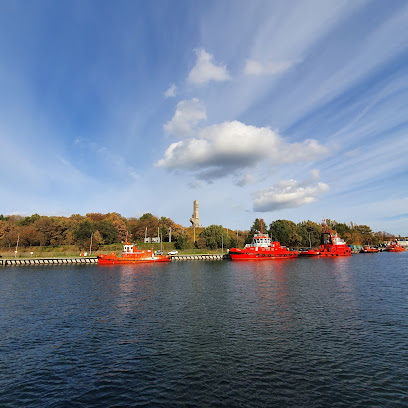
AmberSky
Discover breathtaking views of Gdańsk's skyline and waterfront from the heights of AmberSky, a must-visit attraction for any traveler.
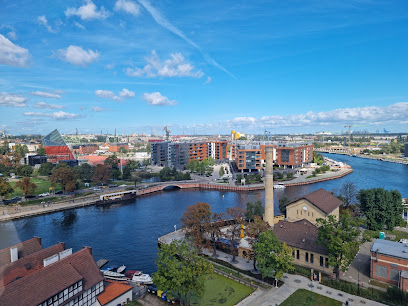
Fokarium Stacji Morskiej im. Prof. Krzysztofa Skóry
Explore the enchanting Fokarium in Hel, Poland, where marine life thrives and conservation efforts inspire awe in every visitor.
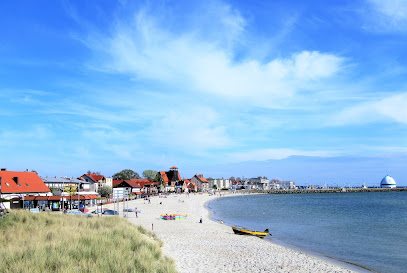
Restauracja Kutter
Experience the best of Polish seafood at Restauracja Kutter in Hel, where local flavors meet breathtaking harbor views.
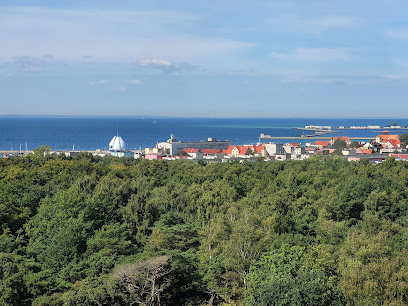
Hel lighthouse
Explore the Hel Lighthouse, a historical gem on the Hel Peninsula, offering stunning Baltic Sea views and rich maritime heritage.
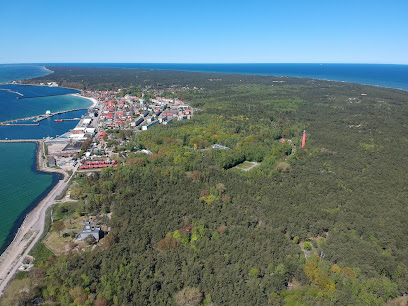
Plaża na Cyplu Helskim
Experience the tranquility and natural beauty of Plaża na Cyplu Helskim, a pristine public beach at the tip of the Hel Peninsula in Poland.
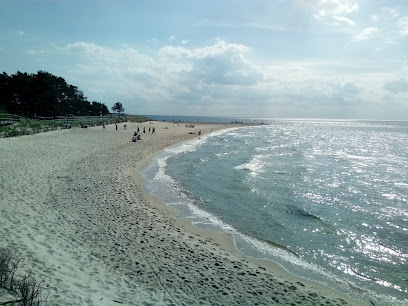
Molo w Mechelinkach
Discover the beauty of Molo w Mechelinkach, a serene pier offering breathtaking views of the Baltic Sea and a perfect spot for relaxation.
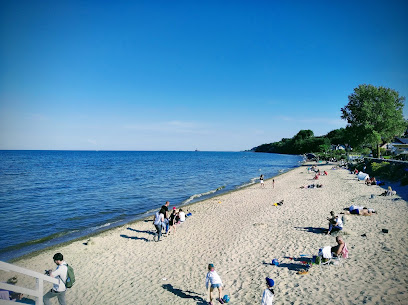
Coastal Defense Museum
Discover Poland's maritime history at the Coastal Defense Museum in Hel, where engaging exhibits bring the past to life.
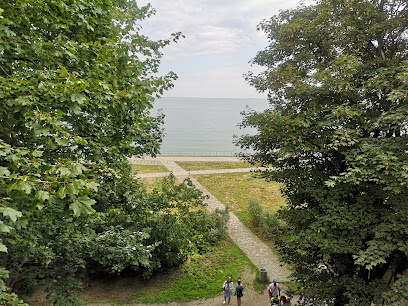
Corn Field Maze
Experience the thrill of adventure at the Corn Field Maze in Swarzewo, a perfect family-friendly destination for outdoor fun and seasonal festivities.
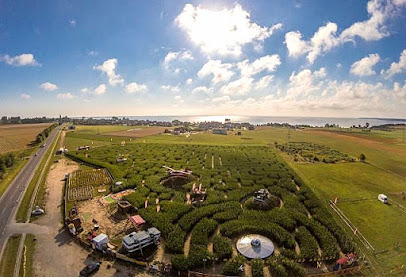
Gdańsk Neon Sign
Explore the Gdańsk Neon Sign, a dazzling icon of creativity and history, illuminating the vibrant spirit of this beautiful Polish city.
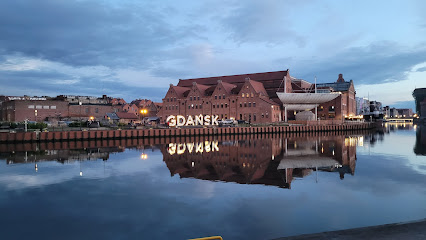
Cape Helski
Discover the breathtaking beauty of Cape Helski, a premier hiking destination in Poland, perfect for outdoor enthusiasts and nature lovers.
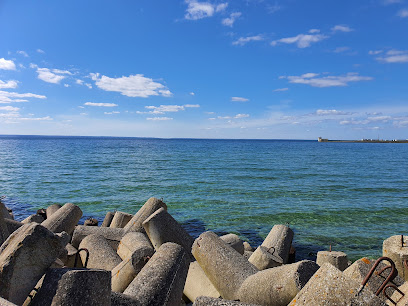
Kopiec Kaszubów
Explore the breathtaking views and rich cultural heritage at Kopiec Kaszubów, a must-visit tourist attraction in Hel, Poland.
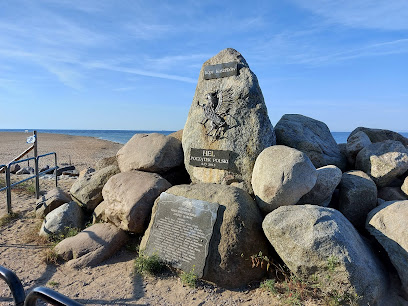
Nadmorski Landscape Park
Discover the breathtaking beauty of Nadmorski Landscape Park, a haven of biodiversity and stunning coastal scenery in Hel, Poland.
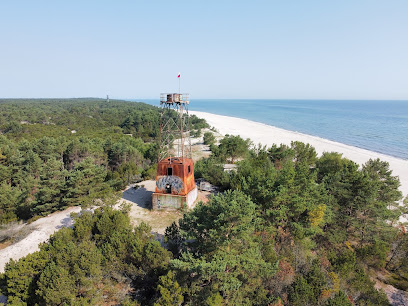
Fisheries Museum. Branch of the National Maritime Museum
Discover the captivating maritime heritage of Poland at the Fisheries Museum in Hel, showcasing the region's fishing traditions and sustainable practices.
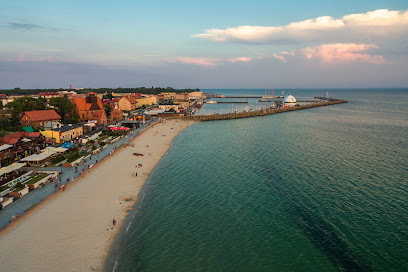
Museum of Coastal Defense, Fire Control Tower
Discover Poland's military heritage at the Museum of Coastal Defense with engaging exhibits and stunning views from the Fire Control Tower.
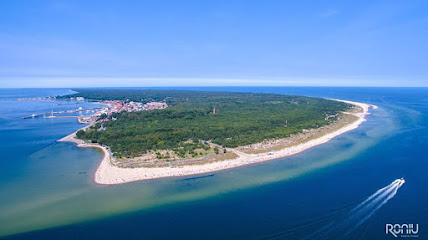
Unmissable attractions to see
Fokarium Stacji Morskiej im. Prof. Krzysztofa Skóry
Explore the Fokarium in Hel, Poland—a unique marine research station dedicated to seal conservation and education about marine ecosystems.
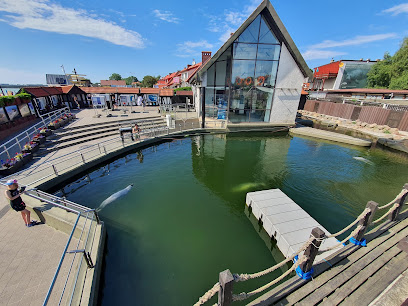
Skwer Kuracyjny
Experience the natural beauty and cultural vibrancy of Skwer Kuracyjny, a premier tourist attraction in Sopot, Poland.
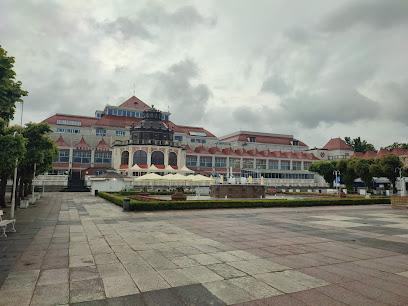
Bread Bridge - Bridge of Love
Discover the romantic charm of Gdańsk at the Bread Bridge, where love locks and scenic views create an unforgettable experience.
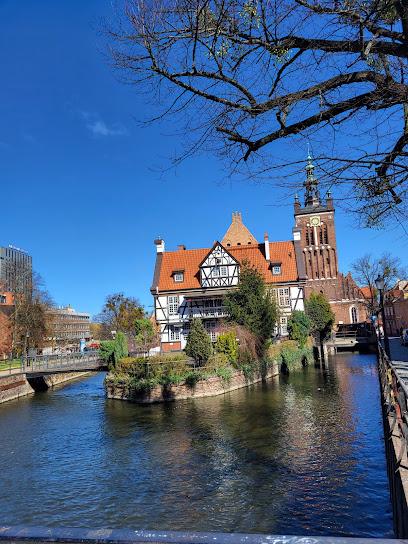
Kopiec Kaszubów
Discover the breathtaking beauty of Kopiec Kaszubów in Hel, a perfect blend of nature, culture, and stunning views of the Baltic Sea.
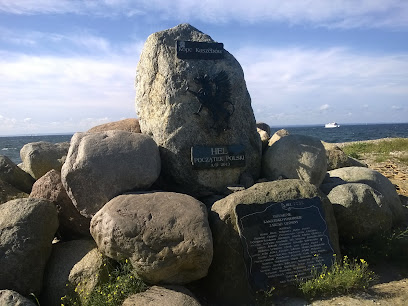
Jastarnia Lighthouse
Explore the stunning Jastarnia Lighthouse, a maritime gem offering breathtaking views and a glimpse into Poland's rich maritime heritage.
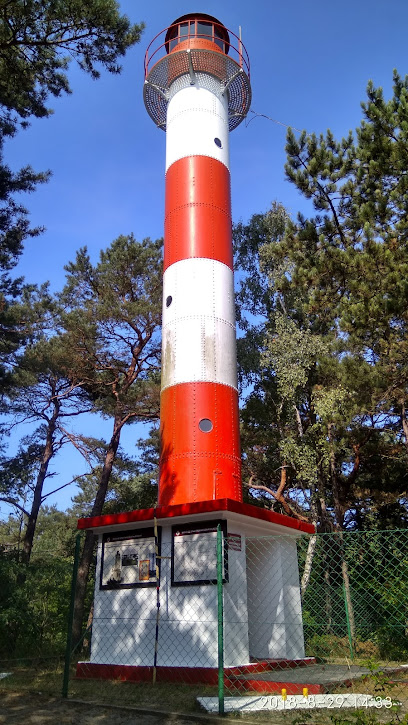
Green Bridge
Discover Gdańsk's Green Bridge – an architectural marvel offering stunning views of the Motława River and the city's historic skyline.
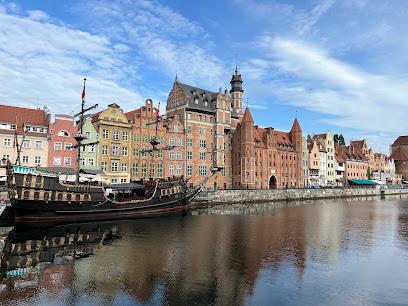
Latarnia Morska Gora Szwedow
Discover the historic Góra Szwedów Lighthouse in Hel, a captivating landmark that showcases Poland's rich maritime heritage and stunning coastal views.
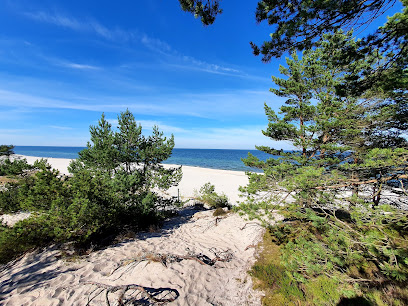
Dune Park
Explore the natural beauty of Dune Park in Hel, a botanical garden and park offering scenic paths, diverse flora, and peaceful seaside views.
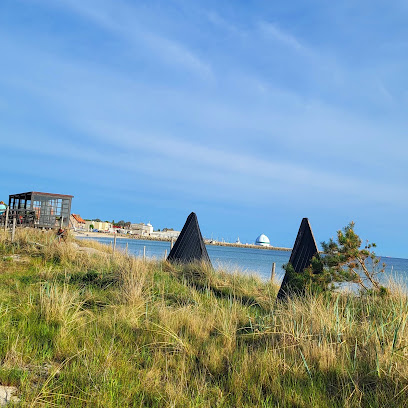
Sęp Heavy Combat Shelter
Explore the Sęp Heavy Combat Shelter in Jastarnia, a historical landmark offering a glimpse into Poland's military past and stunning coastal views.
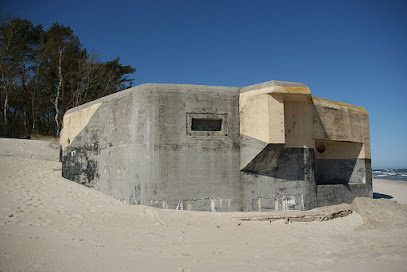
Schron Sabała - Center of Resistance Chłapowo
Explore the rich history of Chłapowo at Schron Sabała, a museum dedicated to the spirit of resistance and resilience in Poland.
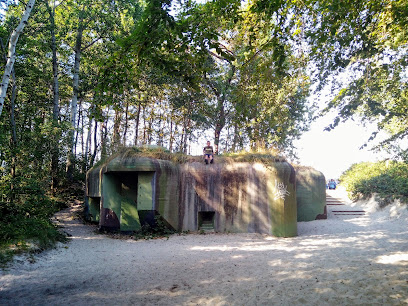
Ju-Huu. rope park
Experience the thrill of adventure at Ju-Huu Rope Park, a top tourist attraction in Jurata offering exciting rope courses and breathtaking views.
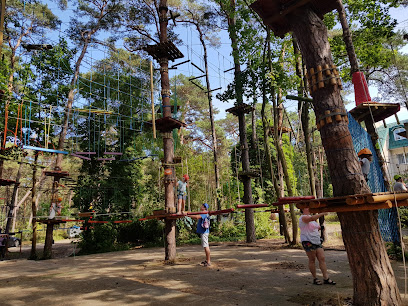
Sierakowskich Manor House
Experience the enchanting Sierakowskich Manor House in Sopot, a unique blend of art, community, and local brews amidst historical charm.
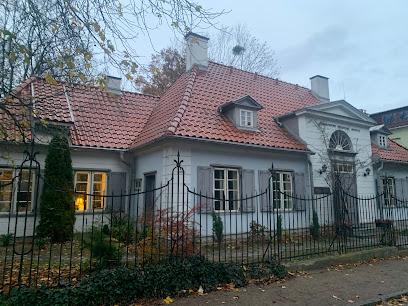
Helskie Dunes Nature Reserve
Discover the breathtaking landscapes and diverse wildlife of Helskie Dunes Nature Reserve in beautiful Hel, Poland.
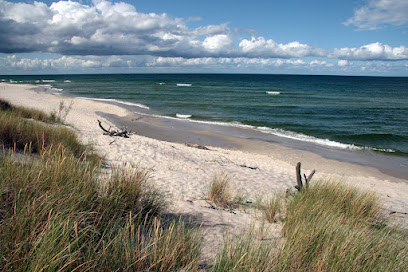
Zabytkowa Chata Rybacka w Jastarni
Explore the rich maritime heritage of Jastarnia at the Historic Fisherman's Cottage, showcasing traditional fishing culture and local history.
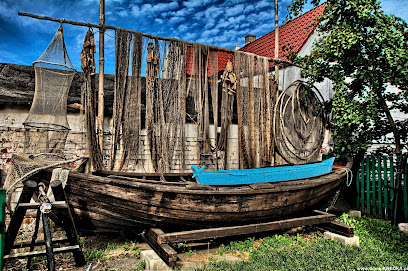
The Baltic Sea Cultural Center
Explore the Baltic Sea Cultural Center in Gdańsk - a vibrant hub for art, culture, and local heritage celebrating the Baltic region's creativity.
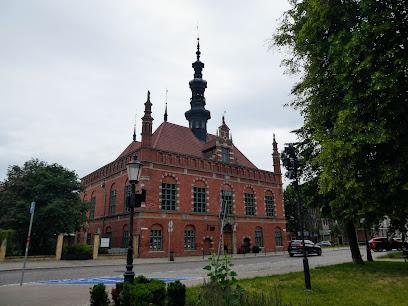
Essential places to dine
Restauracja Kutter
Experience authentic Polish cuisine at Restauracja Kutter in Hel - where every meal tells a story.
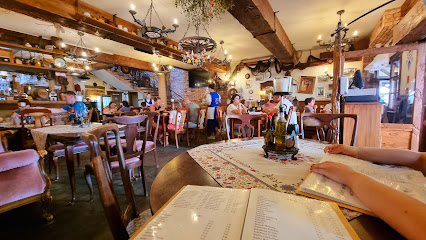
Restauracja „Łóżko”
Discover the flavors of Europe at Restauracja „Łóżko”, where authentic Polish cuisine meets a cozy atmosphere in beautiful Jastarnia.
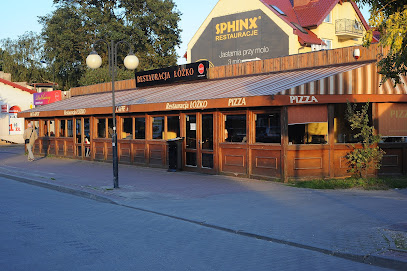
Captain Morgan
Experience authentic Polish cuisine at Captain Morgan in Hel – where delightful flavors meet warm hospitality by the sea.
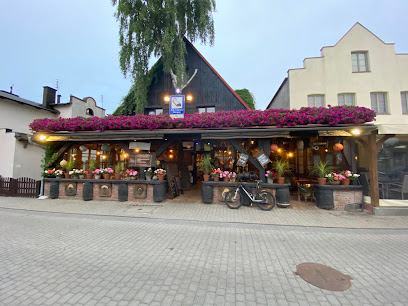
Maszoperia
Experience fresh seafood delights at Maszoperia in Hel – where culinary artistry meets coastal charm.
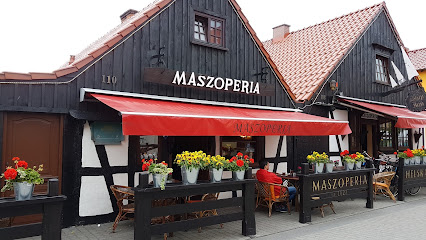
Smażalnia Ryb Fala
Discover fresh seafood delights at Smażalnia Ryb Fala in Hel - where every dish celebrates the flavors of the Baltic Sea.
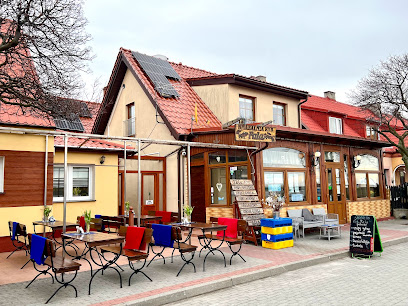
Stara Wędzarnia Hel
Discover Stara Wędzarnia Hel - where fresh seafood meets stunning seaside views in an inviting atmosphere perfect for any occasion.
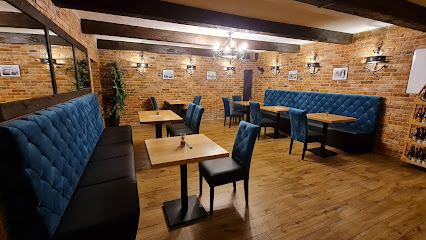
Bar rybny To-Tu
Experience fresh seafood delights at Bar rybny To-Tu in Hel, where every dish is crafted with local ingredients for an unforgettable dining experience.
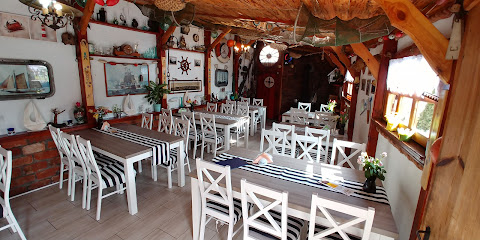
Przetwórnia
Discover the best fish and chips at Przetwórnia in Kuźnica—where fresh seafood meets delightful coastal charm.
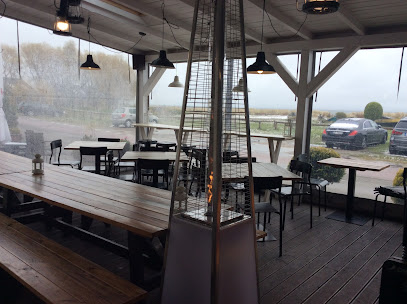
Restauracja Checz
Discover delicious Polish cuisine at Restauracja Checz in Hel – a perfect blend of local flavors and inviting atmosphere.
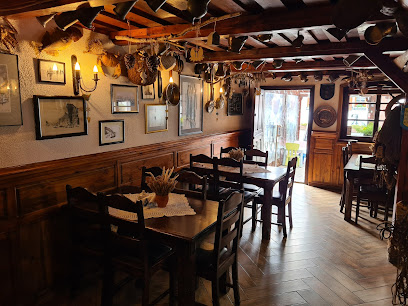
Hello
Experience the perfect blend of delicious cuisine and vibrant atmosphere at Bar Hello in Hel - your go-to destination for unforgettable dining.
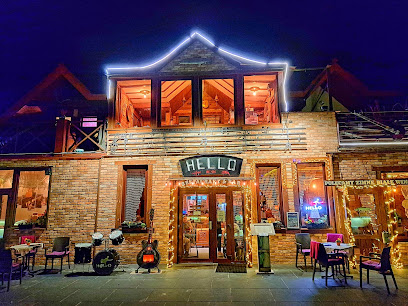
Restauracja u Bąbli Jastarnia
Experience authentic Polish cuisine at Restauracja u Bąbli in Jastarnia—where fresh seafood meets warm hospitality.
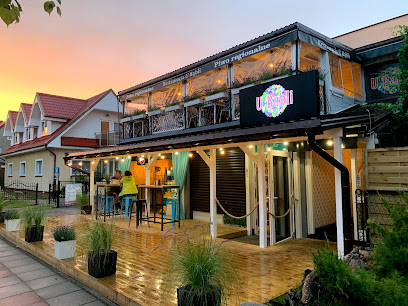
Tawerna Bałtycka
Experience authentic Polish cuisine with stunning sea views at Tawerna Bałtycka on the beautiful Hel Peninsula.
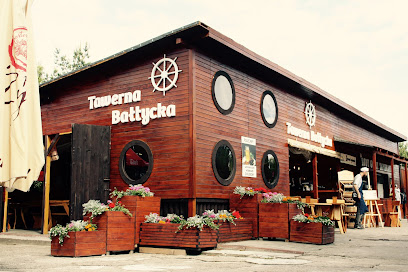
Smażalnia - Sea Side
Experience fresh seafood delights at Smażalnia - Sea Side in Hel, Poland—where every bite is a taste of coastal charm.
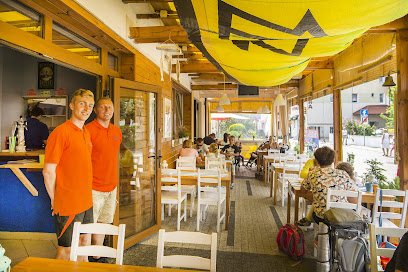
Cantina Port
Discover culinary bliss at Cantina Port in Jastarnia – where fresh flavors meet stunning seaside views.
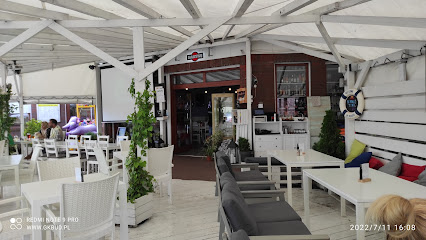
u Franka Dolasa
Discover authentic Polish army-style cuisine at u Franka Dolasa in Hel – where hearty meals meet charming coastal vibes.
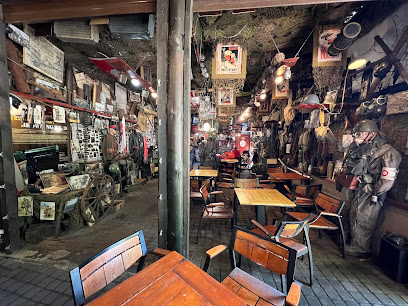
Markets, malls and hidden boutiques
Plaża 63 - Jurata
Discover the enchanting Plaża 63 in Jurata, a lively beach destination perfect for sunbathing, water sports, and enjoying local culture.
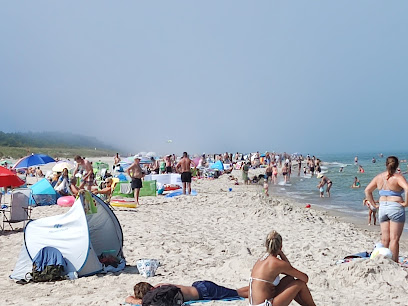
Legendarny Sklep MIKI
Explore the local flavors of Jastarnia at Legendarny Sklep MIKI, your go-to grocery store for authentic Polish products and warm hospitality.
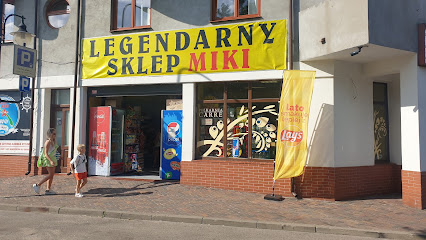
Dream Island
Explore Dream Island in Jastarnia for a unique clothing shopping experience, featuring stylish apparel suitable for every occasion.
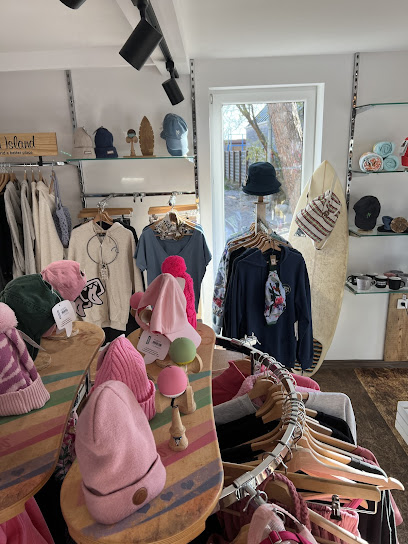
SURFOTEKA SURF&SKI - Surfshop Jastarnia
Explore Surfoteka Surf&Ski in Jastarnia for top-notch surf, kite, and snowboard gear amidst Poland's breathtaking coastline.
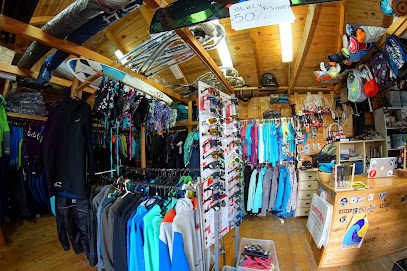
Diverse. Sklep odzieżowy
Discover stylish fashion and unique accessories at Diverse in Jastarnia, the ultimate clothing store for trendy travelers.
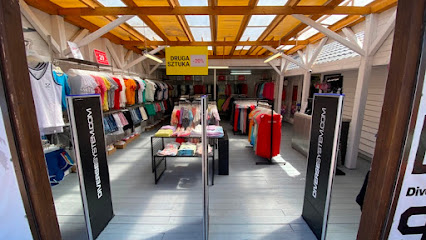
MULTI BRAND SURF SHOP
Explore the best surf gear and beachwear at Jastarnia's Multi Brand Surf Shop, your one-stop destination for ocean adventures.
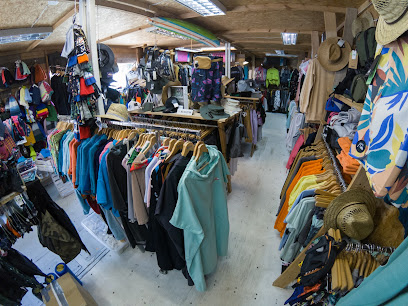
Surf Shop Mother Earth
Explore Surf Shop Mother Earth in Jastarnia for the best surf gear and beachwear, embodying the spirit of adventure and ocean life.
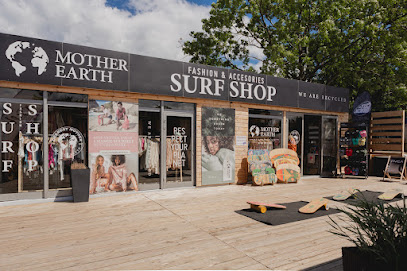
Molo Market
Discover Molo Market in Jastarnia: your go-to destination for local produce and authentic Polish flavors.
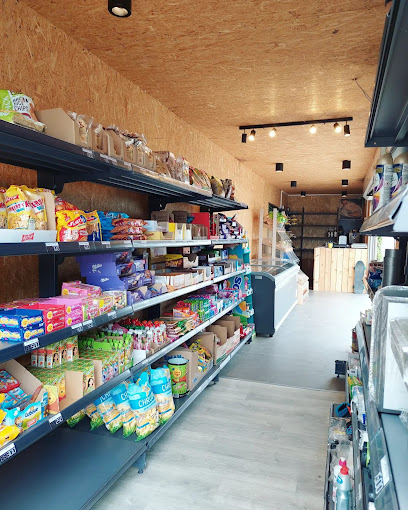
Stoisko sezonowe 4F
Explore the vibrant fashion scene at Stoisko sezonowe 4F, your go-to clothing store in the heart of Jastarnia for trendy beachwear and stylish outfits.
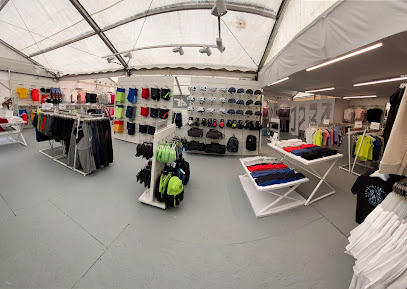
BALTICA SURF SHOP
Explore the essence of surf culture at BALTICA SURF SHOP in Jastarnia, offering the latest in surf gear and beach fashion for every adventurer.
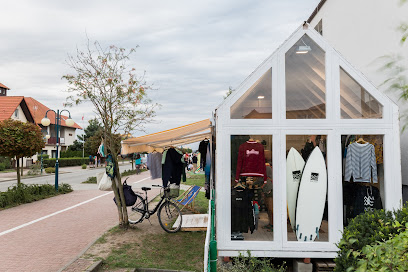
Surf Inc. - Flag Store
Discover the spirit of the surf culture at Surf Inc. - Flag Store, your go-to spot for stylish beachwear in Jastarnia.
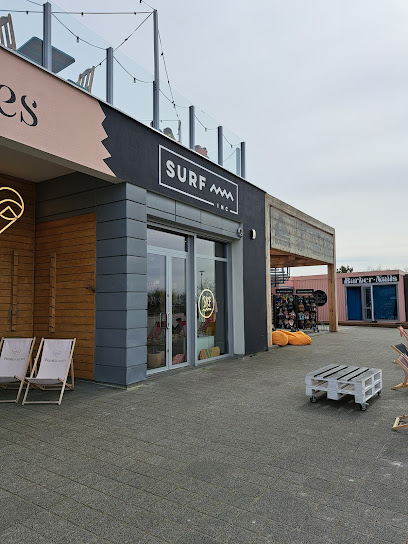
Sunlovers
Explore the stylish world of sunglasses at Sunlovers in Jastarnia, where beach fashion meets top-notch service.
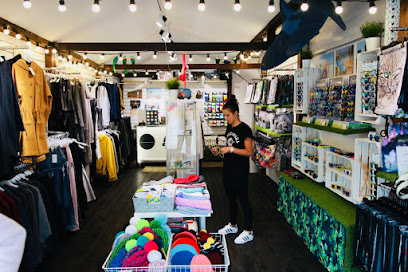
Galeria Paragon
Explore the exquisite jewelry and artisanal craftsmanship at Galeria Paragon in Jastarnia, a must-visit destination for every traveler.
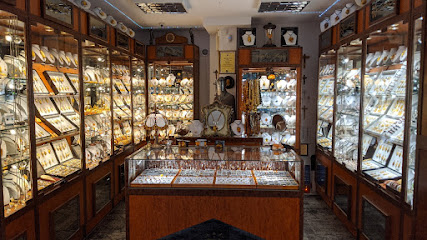
Z Morza - malarstwo, rękodzieło artystyczne, pamiątki
Explore the artistic charm of Hel at Z Morza, a gift shop offering unique handcrafted art and treasures that celebrate local culture.
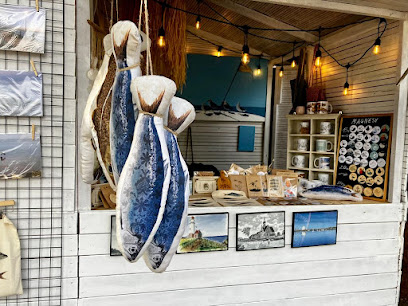
NOBO
Discover the essence of contemporary fashion at NOBO in Jastarnia, featuring exquisite handbags and stylish women's clothing that elevate your wardrobe.
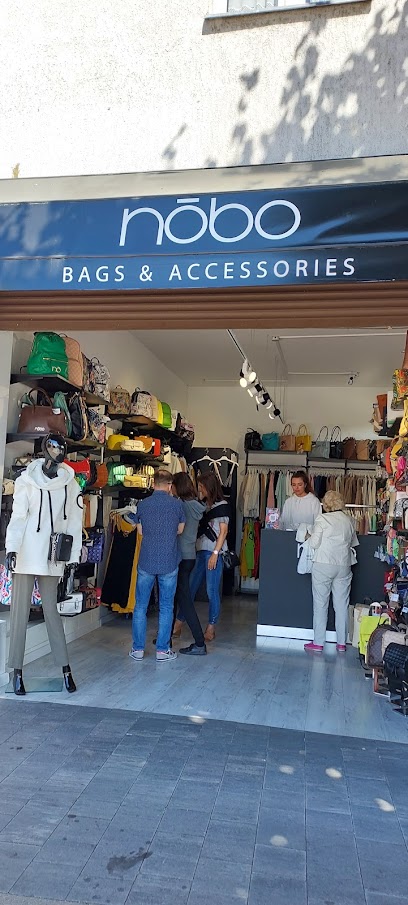
Essential bars & hidden hideouts
Restauracja Kutter
Experience the flavors of Hel at Restauracja Kutter, where fresh seafood meets traditional Polish cuisine in a cozy atmosphere.
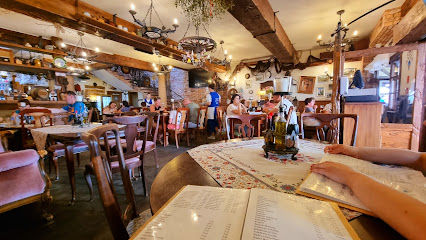
Captain Morgan
Discover the flavors of Hel at Captain Morgan, where fresh ingredients meet a vibrant atmosphere in a must-visit dining experience.
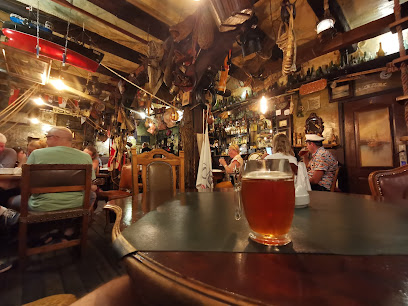
Maszoperia
Experience the flavors of the Baltic Sea at Maszoperia, a top-rated restaurant in Hel, renowned for its fresh seafood and inviting atmosphere.
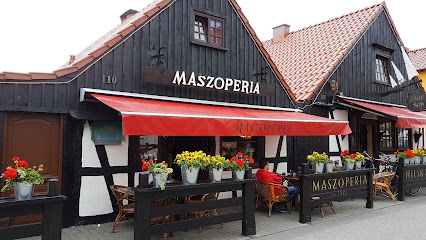
Smażalnia Ryb Fala
Discover the best of Baltic cuisine at Smażalnia Ryb Fala, a seafood haven in Hel offering fresh and delicious dishes in a charming seaside setting.
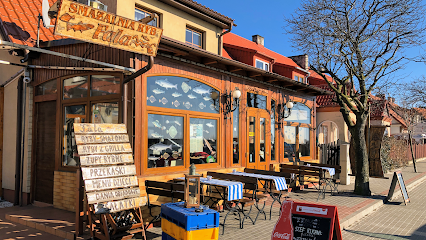
Bar rybny To-Tu
Experience the best of Baltic seafood at Bar Rybny To-Tu in Hel, where fresh flavors meet a cozy atmosphere for an unforgettable dining experience.
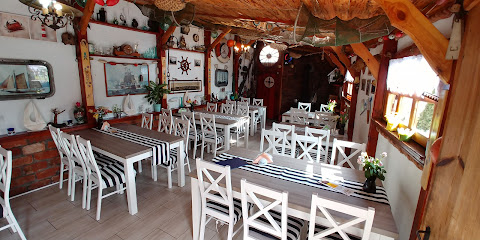
Restauracja Checz
Discover the vibrant flavors and welcoming ambiance at Restauracja Checz, a culinary delight in the heart of Hel, Poland.
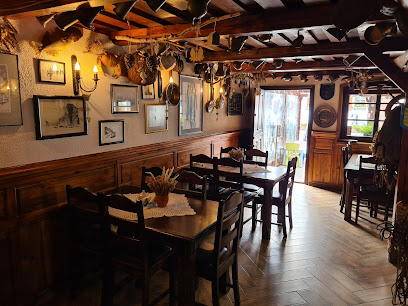
Hello
Experience the vibrant coastal charm at Bar Hello in Hel, where delightful cuisine meets a lively bar atmosphere.
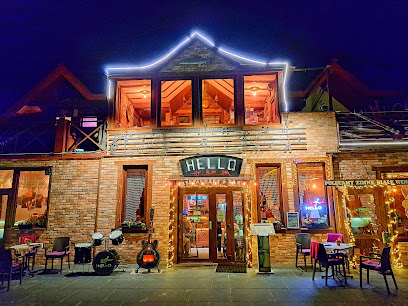
Cocktail Bar & Bistro Rettungs Budy Jastarnia
Discover the perfect blend of cocktails and history at Rettungs Budy in Jastarnia, where every bite and sip tells a story.
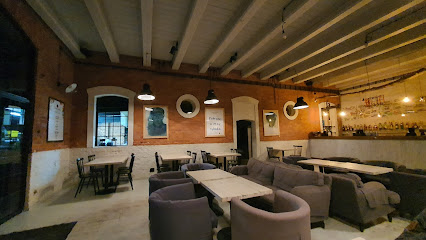
Bar Maszop
Experience the best fish and chips at Bar Maszop in Kuźnica, a charming eatery perfect for seafood lovers exploring Poland's stunning coastline.
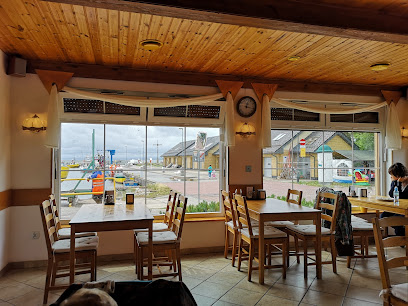
Bar Alternatywa
Discover the flavors of Poland at Bar Alternatywa, a charming restaurant in Hel offering delicious local dishes and a warm atmosphere.
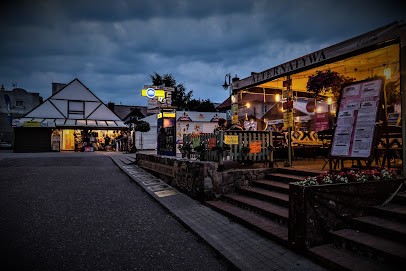
Lisakowski Jan. Bar piwny
Discover the lively ambiance of Lisakowski Jan. Bar Piwny in Jastarnia, where affordable drinks meet an inviting atmosphere for an unforgettable night out.
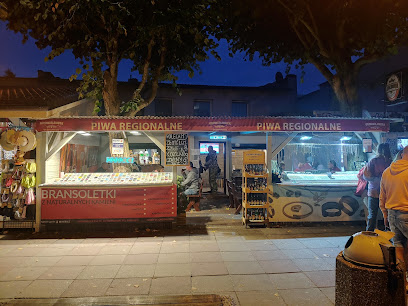
Gyros Bar
Discover the vibrant flavors and inviting atmosphere at Gyros Bar, a local favorite in Jastarnia for delicious gyros and drinks.
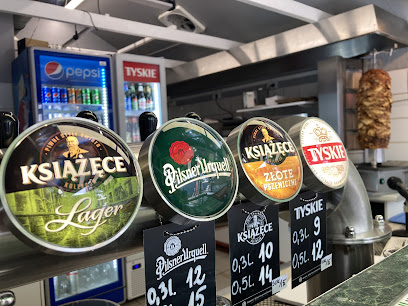
Bar na molo
Experience the culinary delights of Jastarnia at Bar na Molo, where fresh seafood meets stunning bay views in a welcoming atmosphere.
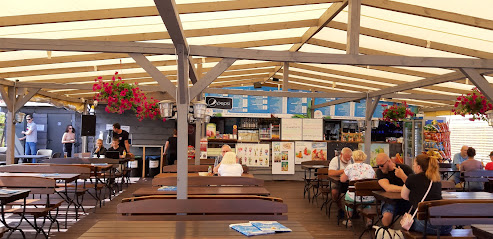
MOLO BEACH BAR
Experience the vibrant atmosphere and delicious cuisine at Molo Beach Bar, your go-to spot in Jastarnia for relaxation and fun by the sea.
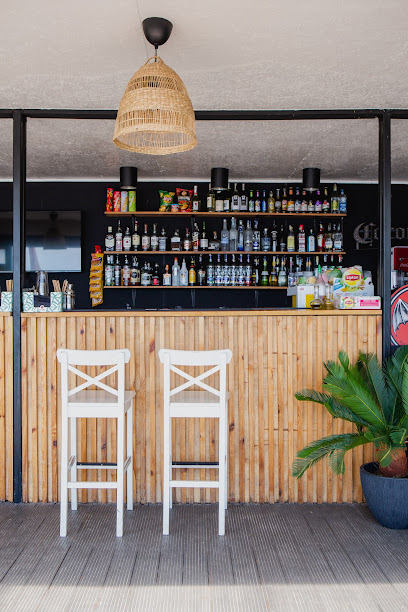
Local Phrases about Hel Peninsula
-
- HelloCześć
[cheh-shch] - GoodbyeDo widzenia
[doh veed-zen-ya] - YesTak
[tahk] - NoNie
[nyeh] - Please/You're welcomeProszę
[proh-sheh] - Thank youDziękuję
[jen-koo-yeh] - Excuse me/SorryPrzepraszam
[psh-eh-prah-sham] - How are you?Jak się masz?
[yahk shyeh mahsh] - Fine. And you?Dobrze. A ty?
[doh-bzheh. ah tih] - Do you speak English?Czy mówisz po angielsku?
[chi moo-veesh poh ahn-gyel-skoo] - I don't understandNie rozumiem
[nyeh roh-zoo-myem]
- HelloCześć
-
- I'd like to see the menu, pleaseChciałbym zobaczyć menu, proszę
[h-chyah-wihm zoh-bah-chich meh-noo, proh-sheh] - I don't eat meatNie jem mięsa
[nyeh yem myeh-sah] - Cheers!Na zdrowie!
[nah zdroh-vee-eh] - I would like to pay, pleaseChciałbym zapłacić, proszę
[h-chyah-wihm zah-plah-cheech, proh-sheh]
- I'd like to see the menu, pleaseChciałbym zobaczyć menu, proszę
-
- Help!Pomocy!
[poh-moh-tsih] - Go away!Idź sobie!
[ee-j shoh-b'yeh] - Call the Police!Zadzwoń po policję!
[zahdz-vohn poh poh-leets-yeh] - Call a doctor!Zadzwoń po lekarza!
[zahdz-vohn poh leh-kah-zah] - I'm lostZgubiłem się
[zgoo-bee-wehm shyeh] - I'm illJestem chory
[yeh-stem hoh-rih]
- Help!Pomocy!
-
- I'd like to buy...Chciałbym kupić...
[h-chyah-wihm koo-peech] - I'm just lookingTylko się rozglądam
[tih-koh shchyeh rohz-gwah-dahm] - How much is it?Ile to kosztuje?
[ee-leh toh kohs-too-yeh] - That's too expensiveTo jest za drogie
[toh yest zah droh-gyeh] - Can you lower the price?Czy możesz obniżyć cenę?
[chi moo-zhesh ohb-nee-zhich tseh-neh]
- I'd like to buy...Chciałbym kupić...
-
- What time is it?Która jest godzina?
[ktoh-rah yest goh-dzee-nah] - It's one o'clockJest pierwsza
[yest pyeh-vee-shah] - Half past (10)Pół do dziesiątej
[poow doh dzyeh-shion-tei] - MorningRano
[rah-noh] - AfternoonPopołudnie
[poh-poo-woo-dnyeh] - EveningWieczór
[vyeh-choor] - YesterdayWczoraj
[v-choh-rye] - TodayDzisiaj
[dzee-sheh] - TomorrowJutro
[yoo-troh] - 1Jeden
[yeh-den] - 2Dwa
[dvah] - 3Trzy
[tshih] - 4Cztery
[ch-teh-ryeh] - 5Pięć
[pyehtch] - 6Sześć
[sh-sh-ch] - 7Siedem
[sh-ye-d'em] - 8Osiem
[oh-sh-yem] - 9Dziewięć
[dzyeh-vyeah-tch] - 10Dziesięć
[dzyeh-sh-yeh-tch]
- What time is it?Która jest godzina?
-
- Where's a/the...?Gdzie jest...?
[gd-yeh yest] - What's the address?Jaki jest adres?
[yah-kee yest ah-dreh-s] - Can you show me (on the map)?Czy możesz mi pokazać (na mapie)?
[chi moo-zhesh mee poh-kah-zach (nah mah-pyeh)] - When's the next (bus)?Kiedy jest następny (autobus)?
[kyeh-dee yest nah-stehp-nih (ow-toh-boos)] - A ticket (to ....)Bilet (do ....)
[bee-let (doh)]
- Where's a/the...?Gdzie jest...?
History of Hel Peninsula
-
Hel Peninsula, with its strategic location on the Baltic Sea, has been inhabited since ancient times. Archaeological findings suggest that the area was settled as early as the 8th century. During the medieval period, the peninsula was a significant fishing and trading hub, with its primary settlement, Hel, gaining town privileges in the 13th century. The economic prosperity of Hel was closely tied to the Hanseatic League, a powerful commercial and defensive confederation of merchant guilds and market towns in Northwestern and Central Europe.
-
The mid-17th century brought turmoil to the Hel Peninsula during the period known as the Swedish Deluge. This was a series of invasions and occupations by Swedish forces. The strategic importance of the peninsula made it a focal point for military engagements. Many settlements were destroyed, and the local population suffered greatly. The legacy of these conflicts can still be seen in some of the fortifications and ruins scattered across the peninsula.
-
In the late 18th century, Poland underwent three partitions, which resulted in its territory being divided among Prussia, Russia, and Austria. Hel Peninsula fell under Prussian control after the First Partition in 1772. This period saw significant changes in the administration and infrastructure of the peninsula, as well as the imposition of new laws and regulations by the Prussian authorities. It also marked the beginning of increased German influence in the region.
-
Hel Peninsula played a crucial role during World War II. In September 1939, it was the site of the Battle of Hel, one of the longest defensive battles fought by the Polish Army during the German invasion of Poland. The Polish forces, despite being heavily outnumbered, held out for over a month. The peninsula was heavily fortified and served as one of the last points of resistance before Poland's ultimate surrender. The remnants of bunkers, fortifications, and other wartime structures are still prominent features of the landscape.
-
During the Cold War, Hel Peninsula was of strategic military importance to the Soviet-aligned Polish People's Republic. The area was heavily militarized, with numerous naval bases, fortifications, and restricted zones established along its length. Military installations from this period, including radar stations and missile sites, remain a testament to the peninsula's role in the broader geopolitical tensions of the 20th century.
-
Since the fall of communism in 1989, Hel Peninsula has transformed into a popular tourist destination. The natural beauty of its sandy beaches, dunes, and forests, combined with its rich history, attracts visitors from around the world. Efforts have been made to preserve its historical sites while promoting sustainable tourism. The peninsula is also a hub for water sports, fishing, and cultural festivals, reflecting its enduring connection to the sea and its vibrant local culture.
Hel Peninsula Essentials
-
Hel Peninsula is located in northern Poland, extending into the Baltic Sea. The nearest major city is Gdańsk, which has an international airport, Gdańsk Lech Wałęsa Airport (GDN). From Gdańsk, you can take a direct train to Władysławowo, the gateway to the Hel Peninsula. Alternatively, you can drive or take a bus from Gdańsk to Hel, which takes approximately 1.5 to 2 hours.
-
Hel Peninsula is well-connected by public transport. Trains run regularly along the peninsula, stopping at major towns like Władysławowo, Jastarnia, and Hel. Buses also serve the region, providing an alternative means of travel. For more flexibility, consider renting a bike or a car. Ferries operate between Gdańsk or Gdynia and Hel during the summer months, offering a scenic route across the bay.
-
The official currency in Poland is the Polish Złoty (PLN). Credit and debit cards are widely accepted in most hotels, restaurants, and shops along the Hel Peninsula. However, it is advisable to carry some cash, especially for smaller establishments and local markets. ATMs are readily available in major towns such as Władysławowo and Hel.
-
Hel Peninsula is generally a safe destination for tourists. However, as with any travel location, it is important to stay vigilant. Avoid isolated areas after dark and keep an eye on your belongings in crowded places. There are no specific high-crime areas targeting tourists, but standard precautions should always be taken.
-
In case of emergency, dial 112 for immediate assistance. This number connects you to emergency services including police, fire brigade, and medical services. Major towns on the peninsula have medical facilities, and pharmacies are available for minor health issues. It is recommended to have travel insurance that covers medical emergencies.
-
Fashion: Do wear comfortable, casual clothing suitable for beach and outdoor activities. Don't forget to pack a windbreaker, as it can get windy. Religion: Do respect local customs and be mindful when visiting churches; modest attire is appreciated. Public Transport: Do validate your ticket before boarding trains or buses. Don't be loud or disruptive. Greetings: Do greet people with a 'dzień dobry' (good day) or a friendly smile. Eating & Drinking: Do try local seafood delicacies. Don't refuse food or drink offered by locals, as it may be considered impolite.
-
To experience Hel Peninsula like a local, visit the local fish markets in Jastarnia or Hel for fresh catches of the day. Engage with the friendly fishermen who are often willing to share stories. Don't miss the opportunity to cycle along the picturesque trails that run the length of the peninsula. Attend local festivals and events, such as the annual Herring Festival in Władysławowo, to immerse yourself in local culture. Lastly, try windsurfing or kitesurfing in Chałupy, a popular spot for water sports.
Trending Landmarks in Hel Peninsula
-
Westerplatte
-
AmberSky
-
Fokarium Stacji Morskiej im. Prof. Krzysztofa Skóry
-
Restauracja Kutter
-
Hel lighthouse
-
Plaża na Cyplu Helskim
-
Molo w Mechelinkach
-
Coastal Defense Museum
-
Corn Field Maze
-
Gdańsk Neon Sign
-
Cape Helski
-
Kopiec Kaszubów
-
Nadmorski Landscape Park
-
Fisheries Museum. Branch of the National Maritime Museum
-
Museum of Coastal Defense, Fire Control Tower
Nearby Cities to Hel Peninsula
-
Things To Do in Gdansk
-
Things To Do in Elblag
-
Things To Do in Olsztyn
-
Things To Do in Bydgoszcz
-
Things To Do in Klaipėda
-
Things To Do in Torun
-
Things To Do in Liepaja
-
Things To Do in Kalmar
-
Things To Do in Suwalki
-
Things To Do in Poznan
-
Things To Do in Marijampolė
-
Things To Do in Szczecin
-
Things To Do in Warsaw
-
Things To Do in Visby
-
Things To Do in Kuldiga











